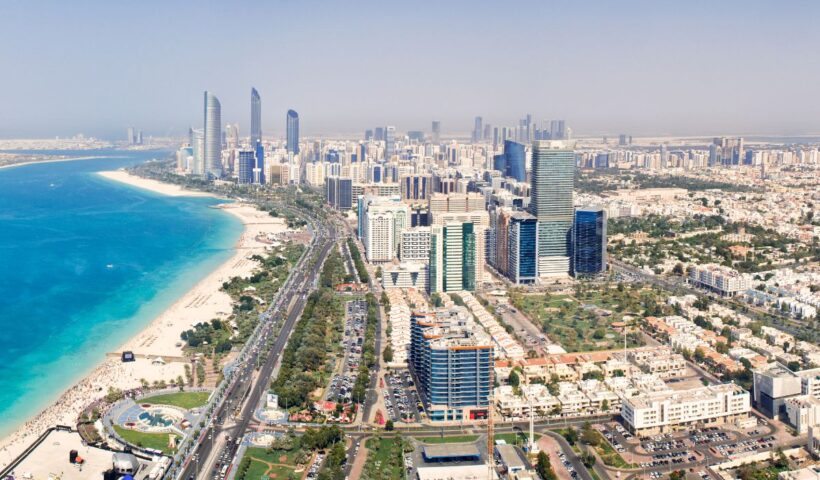Bickford’s Classic Cola and Tesco’s Lemon Juice were found to be the most acidic of the 306 drinks tested.
Almost nine out of 10 drinks bought in UAE supermarkets have been found to erode teeth — but sugar content is not the culprit, dental researchers revealed.
A study of more than 300 drinks completed by the University of Sharjah’s College of Dental Medicine and Ras Al Khaimah College of Dental Sciences revealed 88 per cent had erosive pH levels, with high acidity causing the breakdown of tooth enamel.
These included carbonated and energy drinks, sparkling water, iced teas, juices, malt beverages, flavoured coconut drinks and sports drinks.
Drinks with a pH level below three were considered the worst for dental health, while 37 per cent of all those tested recorded an erosive reading below four.
Tooth erosion is the loss of structure caused by acids, which are often added to products to improve taste and prolong shelf life.
Bickford’s Classic Cola and Tesco’s Lemon Juice were found to be the most acidic of the 306 drinks tested with tests revealing an erosive reading below four.
“The consumption of these drinks is increasing dramatically in the region, especially among younger people,” said Mohannad Nassar, associate professor at the College of Dental Medicine, who led the research.
“Lemon juice, for example, contains a lot of citric acid, which is the most destructive to tooth structure, enamel and dentine.”
Dr Nassar added that once enamel is eroded by acid, dentine is exposed that can lead to hypersensitive teeth.
Acids found in soft drinks include malic, citric and phosphoric acid, which is used as a flavour enhancer. It has also been found to contribute to osteoporosis in later life and cause a depletion of calcium over time.
“Caries, or cavities, start easier when the dentine is exposed to the oral environment,” he said.
Researchers found 88 per cent of beverages had a pH level of at least four, which is considered extremely erosive.
Each drink was tested three times at room temperature immediately after opening, while the type of acid added to each drink was identified through labelling on the packaging.
Only 12 per cent of the drinks were considered mildly erosive, with a pH level above four.
Many popular drinks, such as flavoured coconut water, were considered extremely erosive, with an erosive reading of four or lower, Dr Nassar said.
He warned that brushing teeth immediately after consumption would do more harm than good.
“If you have something acidic in your mouth and you immediately brush, you are increasing the erosion as you are rubbing that acidic component on to the tooth structure,” he said.
Young adults at risk
According to the Economist Intelligence Unit’s World Cost of Living Survey, sugar-sweetened drinks have become cheaper worldwide, making the issue of tooth decay a growing problem.
Almost 3.5 billion people are affected by oral disease, while 85 per cent of children in the UAE have tooth decay by the age of 12.
Regular consumption of sweetened drinks can also lead to weight gain and health issues such as Type 2 diabetes and obesity.
According to Don Varghese, a specialist oral and maxillofacial surgeon and head of department at Saudi German Hospital in Dubai, these acids can cause the enamel of teeth to mottle, leading to tooth structure loss.
“We see many patients — usually young adults — with deficient enamel and dentine and also a lot of cervical caries associated with the same issue,” Dr Varghese said.
The effects of decay are often irreversible, said Naffla Rashin, a dentist at Aster Hospital in Sharjah, because enamel erodes first before damaging the tooth’s dentine.
“As medical professionals we have been seeing a lot of cases developing into irreversible chronic conditions due to lifestyle,” Dr Rashin said.
“Progressive dental erosion might then demand complex and lengthy dental treatment.”




